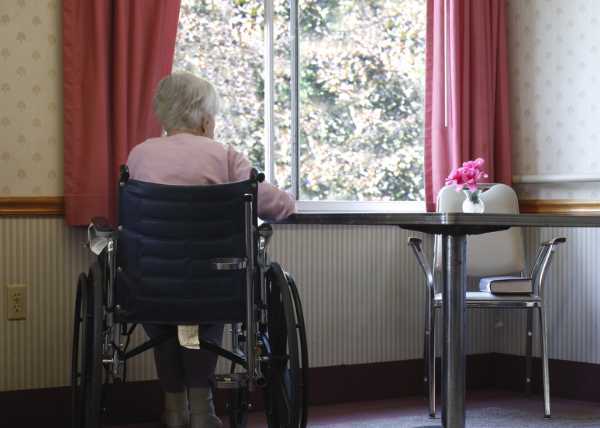Toll Free: (866) 907-1145
Local: (919) 833-3370
Toll Free: (866) 907-1145
Local: (919) 833-3370
Nursing home abuse refers to any intentional act or failure to act by individuals or entities that leads to harm, injury, or distress to residents of nursing homes or long-term care facilities. It encompasses various forms of mistreatment, including physical, emotional, sexual, and financial exploitation, neglect, and abandonment. Let's take a closer look at these different types of abuse:
Physical abuse involves the use of force that results in:
This can include hitting, slapping, pushing, restraining with excessive force, or inappropriate use of restraints or medications.

Emotional abuse refers to the infliction of mental anguish, distress, or fear through verbal or non-verbal acts. Examples include:
Emotional abuse often leaves no visible marks but can cause significant psychological harm.
Sexual abuse involves any non-consensual sexual contact or inappropriate sexual behavior toward a nursing home resident. It can include:
Financial exploitation occurs when someone misuses or steals a resident's financial resources or assets for personal gain. This can involve unauthorized use of credit cards, forging signatures, coercing the resident to change their will or estate plans, or stealing cash or valuable possessions.
Neglect refers to the failure of caregivers to provide the necessary care, attention, and support to meet a resident's basic needs. This can include inadequate nutrition, hydration, hygiene, medical care, or failure to address safety concerns.
It is essential to recognize the signs and take immediate action if you suspect abuse. Reporting your concerns to the appropriate authorities, such as adult protective services or law enforcement, is crucial in ensuring the safety and well-being of your loved ones. You can also reach out to our elder law attorneys to seek compensation.
Attorney Advertising | Prior results do not guarantee a similar outcome. The information on this website is for general information purposes only. Nothing on this site should be taken as legal advice for any individual case or situation. This information is not intended to create, and receipt or viewing does not constitute, an attorney-client relationship. This site is protected by reCAPTCHA and the Google Privacy Policy and Terms of Service apply.